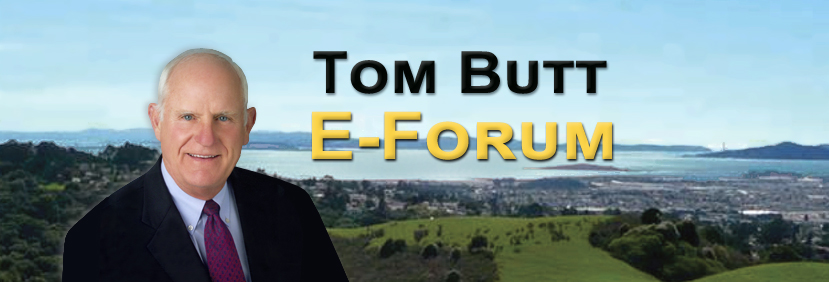|
| Court calls Richmond refinery tax ballot language misleading and partisan
Soren Hemmila
Aug 12, 2024 — 3 min read

Groups gather for a rally at Civic Center Plaza before the Richmond City Council meeting on Tuesday, June 18, 2024. Photos/ Soren Hemmila
A Contra Costa Superior Court judge has tentatively ruled in favor of the Coalition for Richmond’s Future, ordering the removal of disputed language from a tax measure’s ballot label set for the November election, following a legal challenge by the group.
The coalition and Chevron employee Daniela Dickey challenged the text of the “Make Polluters Pay tax” ballot measure and filed a lawsuit to prohibit the Clerk for the City of Richmond and the County Registrar from including what they refer to as improper language on the ballot and the sample ballot.
The measure, supported by the Asian Pacific Environmental Network, Communities For A Better Environment, and the Service Employees International Union 1021, would implement a $1 per barrel tax on oil refined in the city.
The business license tax would go into effect on July 1, 2025, and collect $60 million to $90 million annually.
According to a tentative ruling by Judge John Devine, there is clear and convincing evidence that the ballot label is misleading.
The ballot lists examples like roads, parks, fire and emergency response, and toxic land cleanup but excludes employee wages and benefits, which comprise 70-80 percent of the city’s general fund.
“This creates a situation where a ballot label used to decide a vote on a proposed general tax contains a list of services, without the line item that makes up at least 70 percent of the general tax allocation, to provide as examples of what the tax money would fund which city or any of its employees have no duty or responsibility to be held accountable for the services listed in the ballot label,” Devine wrote.

The court also determined that the language was "impermissibly partisan." Devine stated that such partisan language goes beyond the boundaries of substantial compliance with the election code.
Devine said Communities for a Better Environment, a measure backer, not a public official, drafted the ballot label’s text. Unsurprisingly, the label reflected the same positions that the measure’s proponents advocated.
“It is uncontroverted that the proponent group Communities for a Better Environment, not a public official, drafted the specific text of the ballot label and the ballot label in turn, but not surprisingly, echoed the same stances that proponents to the measure were advertising,” Devine said.
According to filings by David Lazarus, Attorney for the Coalition for Richmond’s Future, the ballot language failed to set forth a “true and impartial synopsis” that is “neither argumentative nor likely to create prejudice.”
“A writ of mandate is therefore appropriate—and urgent—to safeguard Richmond voters’ right to make an informed decision on the proposed measure.
Lazarus requested that the court prohibit the city from including “such as clean air and water treatment, roads, parks, fire and emergency response, toxic land cleanup, and improving community health and youth services” in the ballot label.
A hearing for the writ of mandate is scheduled for Wednesday, August 14. The Richmond City Council will discuss the litigation in closed session at a special meeting on Tuesday, August 13. |

